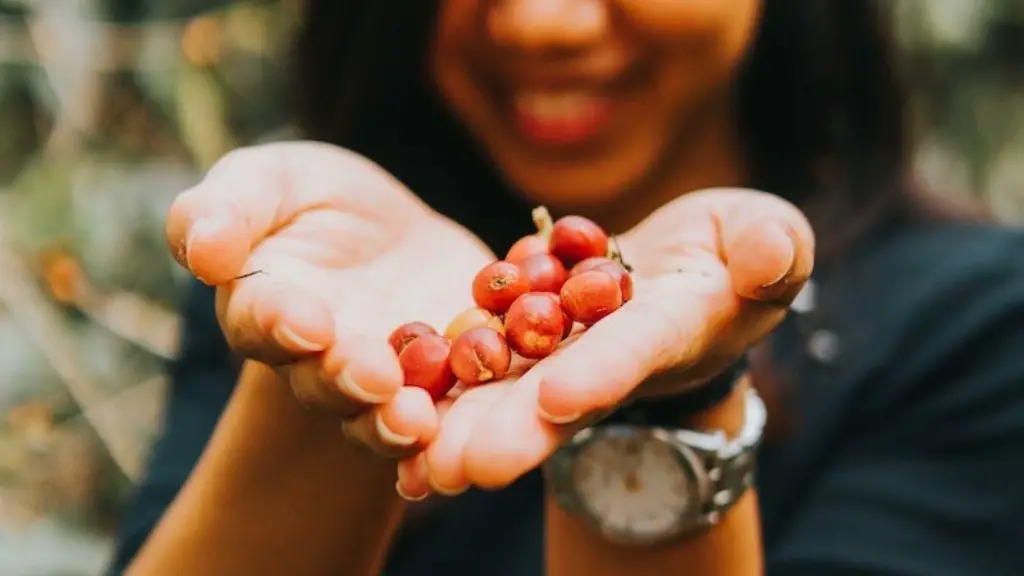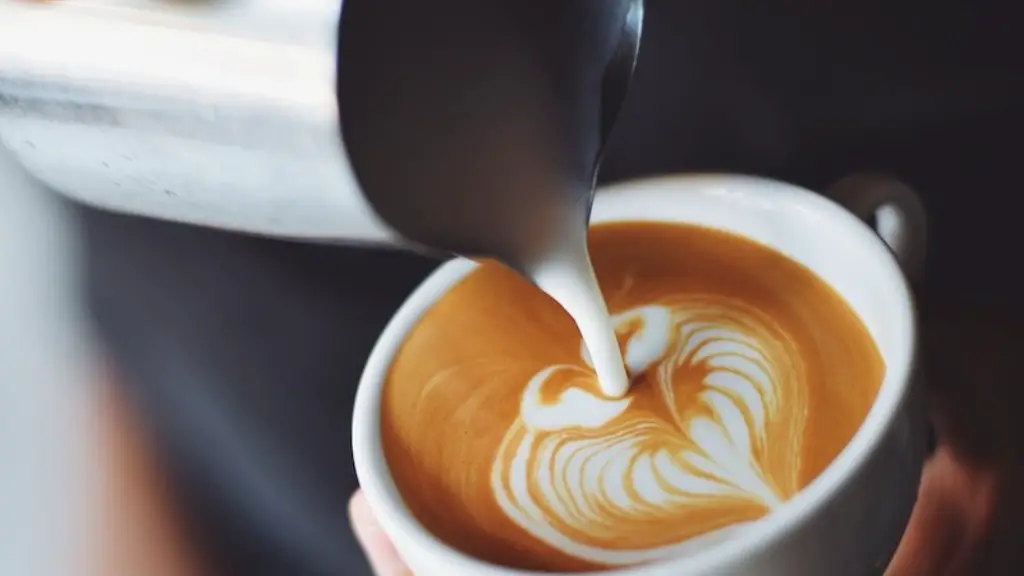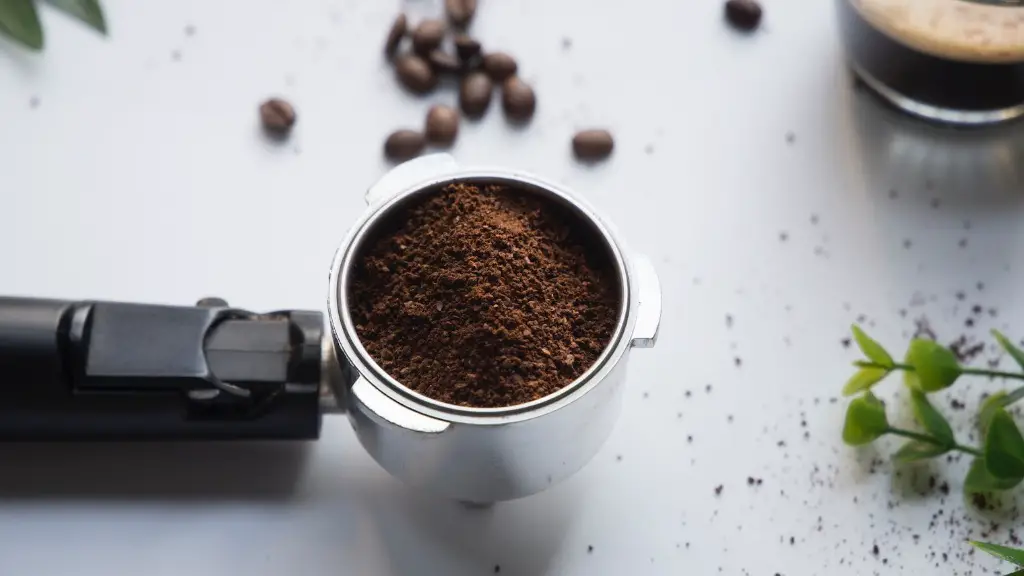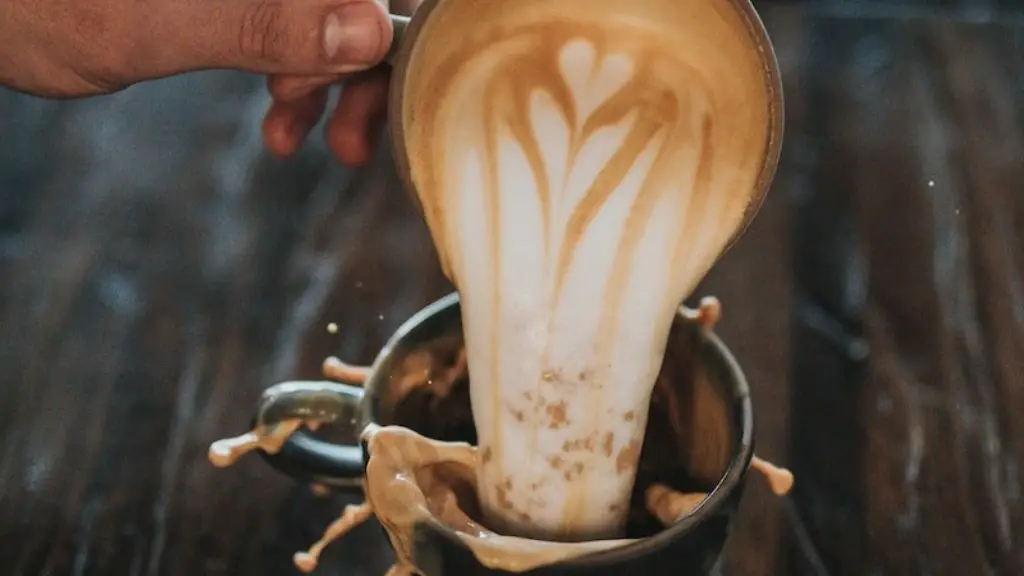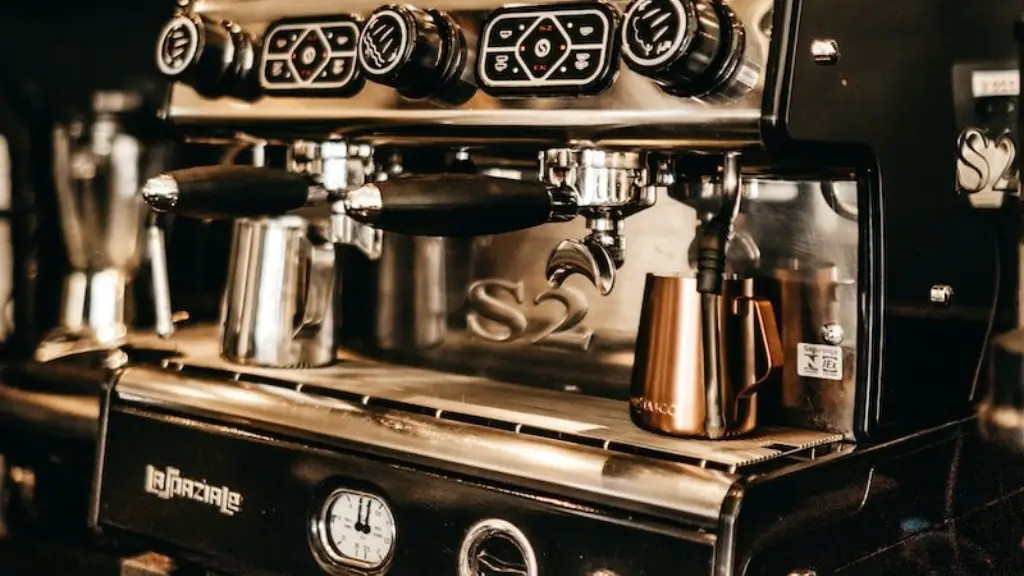Coffee can be one of the most comforting beverages on the planet. Whether it’s a pick-me-up on a hectic morning, a calming afternoon delight, a morning ritual to find balance, or an evening nightcap, a cup of coffee never fails to bring a little more pleasure to life. But how safe is it to drink old coffee?
The short answer is that it depends. Typically, when stored correctly and consumed within 2 weeks of being brewed, coffee should be safe to drink and won’t cause any adverse health effects. But like all foods, when stored for a prolonged time and exposed to conditions that promote bacteria or mold growth, it can become unsafe to consume. Exposure to air, light, moisture, and heat can cause bacteria or mold to form in coffee, so it’s important to be mindful of these factors when attempting to store coffee and determine if it’s safe to drink.
How can you tell if old coffee is safe to drink? Mold is something that is not indicative to the taste of the coffee, so it can be hard to spot. The best thing to do is to be mindful of when the coffee was prepared and stored. Coffee that has been left out for too long can become a breeding ground for bacteria and should therefore be discarded. If the coffee has been sealed properly and stored in a dark, cool and dry place it should remain safe to drink for up to two weeks.
According to experts, old coffee is generally safe to drink as long as it was stored properly and not left out for too long. When coffee is exposed to oxygen, it loses its flavor, but is still safe for consumption in most cases. As coffee ages, it starts to taste bitter, sour and stale, so if the coffee tastes off, it is probably not safe to drink. Visually, mold on coffee can look like fuzz or dust on the surface. If you notice any small particles or changes in color, it is a good idea to discard the coffee.
Additionally, coffee can lose its flavor and become weaker over time. So if you’re looking for a strong cup of coffee, it’s best to brew a fresh pot. If you’re unsure if old coffee is safe to drink, the safest bet is to practice food safety best practices and just throw it out to avoid any health risks.
What Can You Do To Make Coffee Last Longer?
To make coffee last longer, always store it in an air-tight container in a dark, cool, and dry place. Additionally, keep it away from external sources of heat or moisture such as sunlight, heaters, and warm bathroom environments. It’s also important to avoid leaving coffee beans in the open air for long periods of time and to not refrigerate it until it is ready to be stored. If you want to keep coffee stored for more than two weeks, it’s a good idea to freeze it.
Generally speaking, the best way to keep coffee aroma and flavor intact is to roast the coffee when it is as fresh as possible and store it in airtight containers. The beans should also be ground as close to brewing time as possible to ensure that the coffee is as fresh as possible. Additionally, for the best tasting coffee, preground coffee beans should be consumed within a few days of being opened.
When it comes to storing coffee, it is important to keep it in an airtight storage container that is not being exposed to light or heat. The container should also be kept away from other foodstuffs – coffee beans are highly absorbent so can easily absorb the scent and aromas of other food items.
The Benefits of Reusing Old Coffee
Believe it or not, there are some benefits to reusing old coffee. Reusing coffee grounds can be a great way to reduce waste and can be used to fertilize plants. Coffee grounds make a great fertilizer because they are rich in nitrogen and contain other beneficial nutrients. Simply sprinkle the grounds around the base of the plant and water it as usual. Additionally, coffee grounds can be a great exfoliant and can be used to make natural scrubs.
Old coffee grounds can also be used as a cleaning agent. When mixed with vinegar and baking soda, it can be used to clean sinks, countertops, and even dishwashers! Coffee grounds can also be used as an all-natural air freshener, to neutralize odors in the kitchen, and even to remove stuck-on food from pots and pans.
Using old coffee grounds is also a great way to repurpose a material that would otherwise be thrown away. So if you’re looking for an eco-friendly way to reduce food waste and add some nutrient-rich fertilizer to your garden, reusing old coffee grounds can be a great option.
Is Caffeine Safe To Drink?
Coffee contains caffeine, a stimulant that affects the central nervous system. Caffeine can be found in many beverages, foods, and supplements, and can provide a variety of benefits, including increased alertness, improved mental focus, and improved physical performance. While caffeine can be safe and beneficial when consumed in moderation, too much can lead to negative side effects such as insomnia, irritability, and headaches.
The FDA recommends consuming no more than 400 milligrams of caffeine per day, which is equivalent to around 4 cups of coffee. Therefore, it is important to consume caffeine in moderation as it can be dangerous in large amounts. Additionally, individuals with certain medical conditions, such as high blood pressure or heart conditions, are advised to consult with a doctor before consuming caffeine.
It is important to note that the caffeine content in coffee can vary depending on the type of coffee, the brewing method, the roast, the grind size, and the amount of coffee used. Therefore, it is important to be mindful of your caffeine intake when drinking coffee.
Tips To Enjoying Old Coffee Responsibly
Old coffee can still be enjoyed responsibly, but it is important to be aware of the food-safety risks associated with it. To enjoy old coffee responsibly, it is important to practice food safety best practices. Here are a few tips for safely consuming old coffee:
- Always pay attention to food safety guidelines such as expiration dates, storage requirements, etc.
- Discard any coffee that smells or tastes off.
- Store coffee in an airtight container to prevent bacteria and mold growth.
- Store coffee in a cool, dark, and dry place away from heat and moisture.
- Avoid leaving coffee out of the refrigerator for too long.
- If the coffee is more than two weeks old, discard it.
When it comes to enjoying coffee, it is important to practice food safety best practices and use common sense when consuming old coffee. If the coffee looks or smells off, then it is probably not safe to consume.
Can Old Coffee Hurt You?
Coffee that is stored for a prolonged time and exposed to conditions that promote bacteria or mold growth can become unsafe to consume. If old coffee is not stored properly or is left out for too long, it can cause food poisoning and other health risks if consumed. Additionally, if old coffee contains high levels of caffeine, it can lead to adverse health effects such as headaches, irritability, and insomnia. Therefore, it is important to practice food safety best practices and be mindful when consuming old coffee.
In conclusion, coffee can be a safe and enjoyable beverage when consumed in moderation. However, it is important to be mindful of how coffee is stored and consumed to determine if it is safe to drink. Ultimately, the best way to enjoy coffee is to consume it when it is freshly brewed and stored properly. If you’re not sure if old coffee is safe to drink, it is best to throw it out to avoid any health risks.
